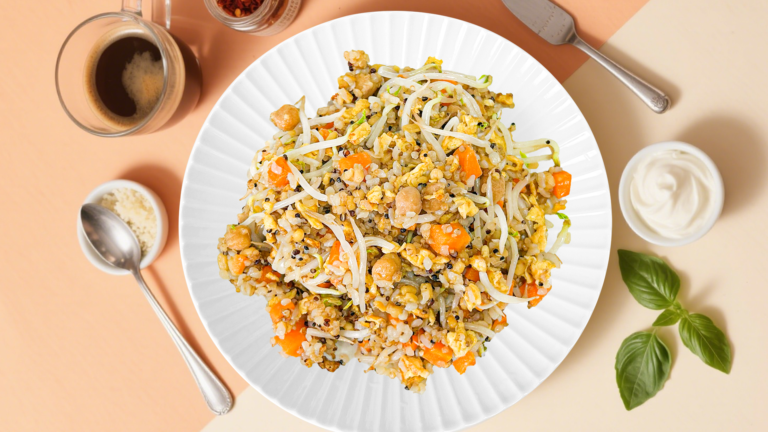
Contact Us through info@lovekonjac.com
The low-carb diet has gained immense popularity due to its remarkable health benefits. By cutting down on carbohydrates and opting for proteins and healthy fats, this diet helps the body burn fat as its primary fuel. This leads to efficient weight loss, improved blood sugar control, and overall metabolic health. Whether you’reaiming to lose weight or boost your wellness, adopting a low-carb diet might be the key to success.

A primary advantage of the low carb diet is effective weight loss. When the body relies on fat for energy, fat burning becomes more efficient, resulting in significant weight reduction over time. Studies show that people on low carb diets often experience greater weight loss than those on traditional low fat diets.
Low-carb diets are particularly beneficial for individuals managing type 2 diabetes or insulin resistance. By minimizing carb intake, which breaks down into sugar in the bloodstream, the diet stabilizes blood sugar levels. This can reduce the need for insulin or other blood sugar-regulating medications.
When followed correctly, a low carb diet supports heart health by raising “good” HDL cholesterol and lowering triglycerides. These improvements reduce the risk of heart disease. Additionally, low carb diets can lower blood pressure, benefiting cardiovascular health.
Many people report higher energy levels and enhanced mental clarity on a low carb diet. Without the fluctuations caused by sugar spikes and crashes, energy remains steady, and focus improves.
The focus of a low carb diet is to limit carbs while increasing protein, healthy fats, and non starchy vegetables. Here’s a guide to common low carb foods:
Meat: Beef, pork, chicken.
Fish and Seafood: Salmon, tuna, shrimp.
Eggs: A great low carb, high-protein option.
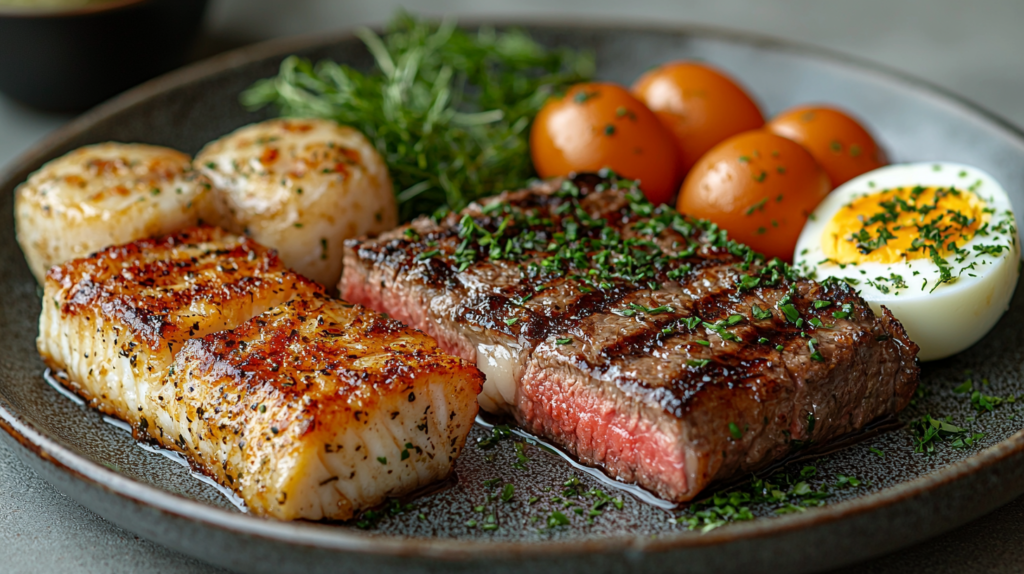
Leafy Greens: Spinach, kale, lettuce.
Cruciferous Vegetables: Broccoli, cauliflower, Brussels sprouts.
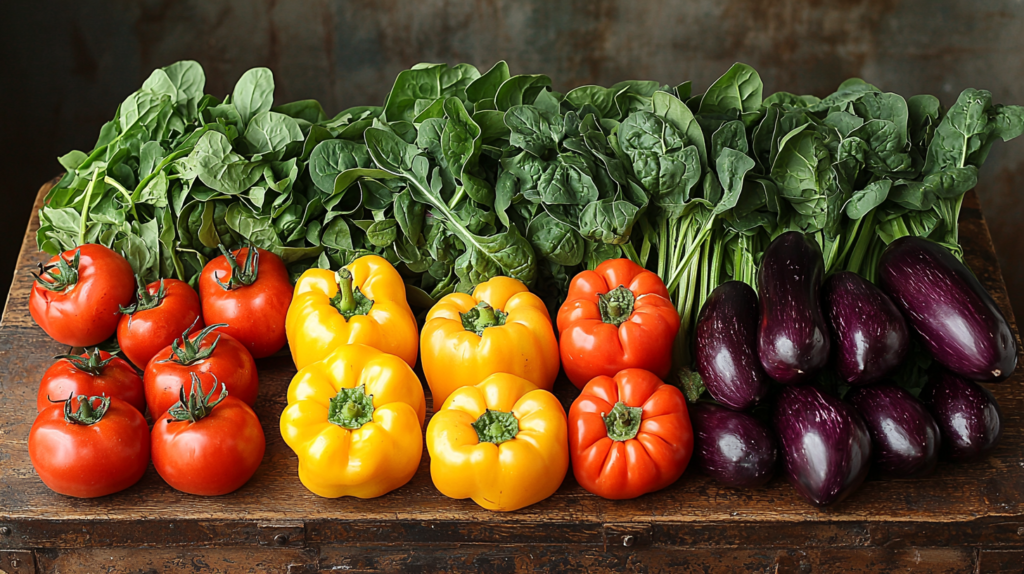
Avocados: Packed with healthy fats and fiber.
Nuts and Seeds: Almonds, walnuts, chia seeds.
Oils: Olive oil, coconut oil, butter, ghee.
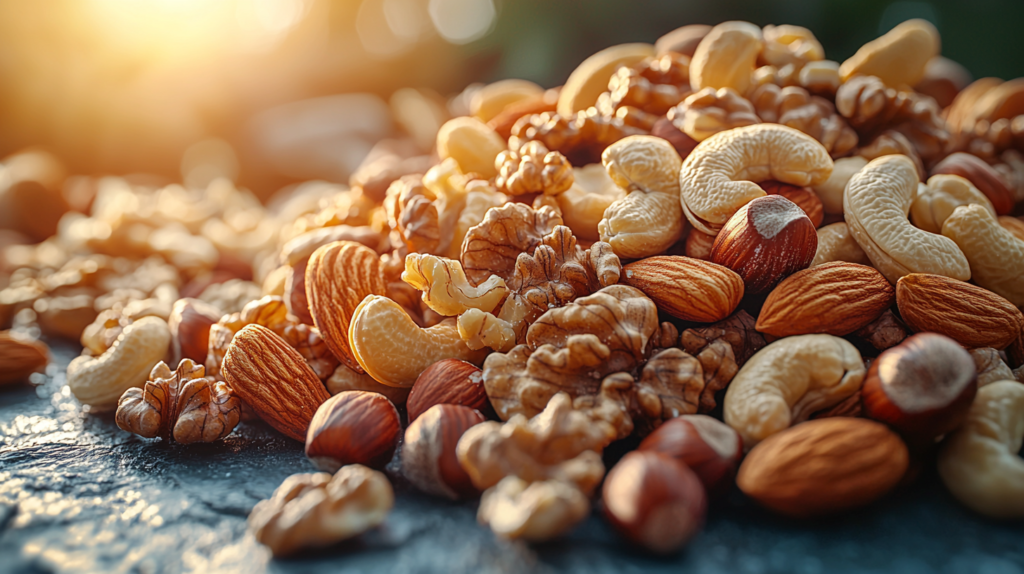
Cheese: Cheddar, mozzarella, feta.
Greek Yogurt: Full fat, unsweetened versions.
Cream: Heavy cream, sour cream.
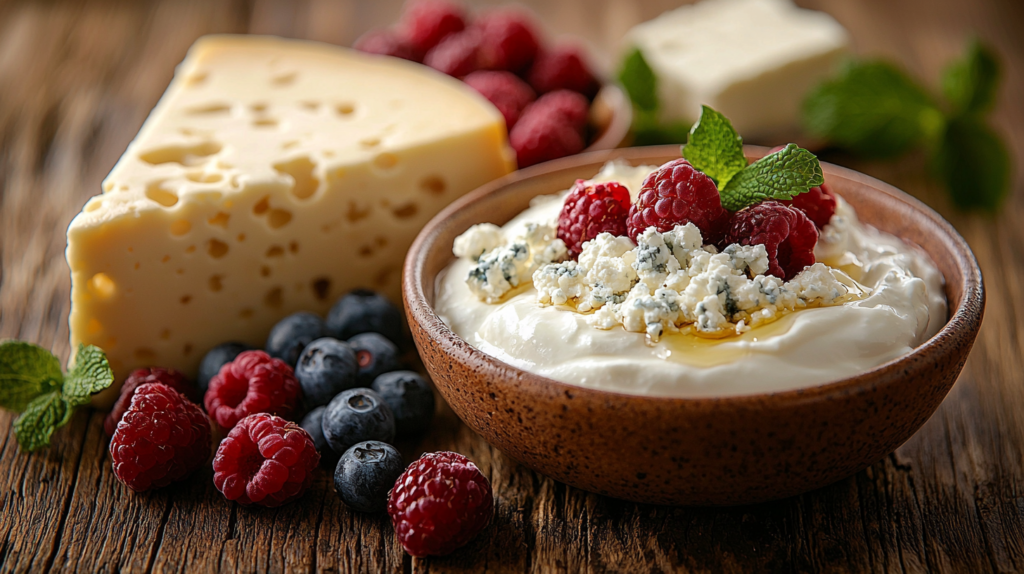
If you miss traditional pasta dishes, there are several low carb alternatives:
Konjac Noodles: Made from the konjac plant, these noodles are low in carbs and calories.
Zucchini Noodles: A vegetable-based pasta substitute.
Spaghetti Squash: An excellent low carb option.
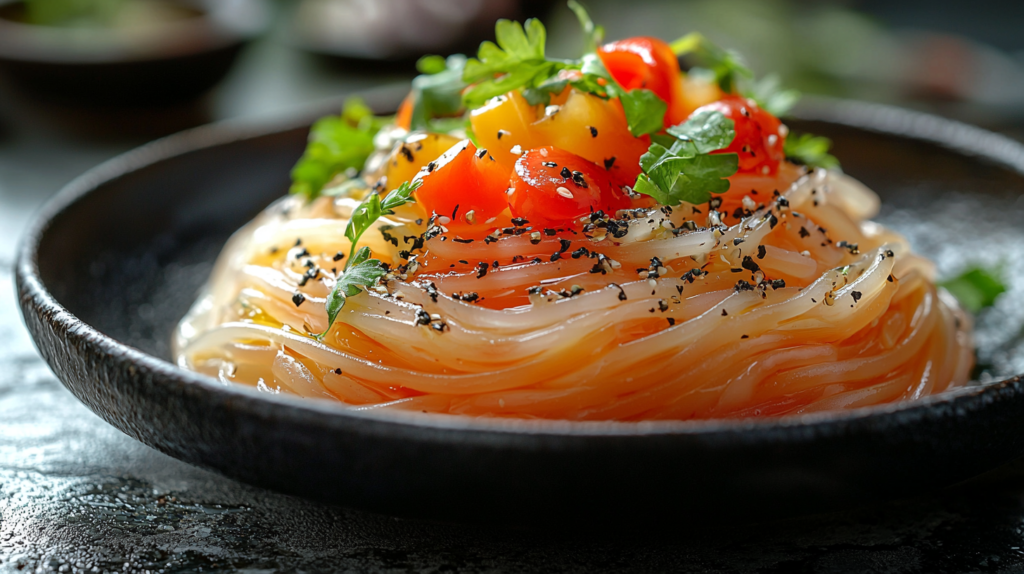
Grains: Bread, pasta, rice, and grains are high in carbs and should be replaced with low carb alternatives.
Sugary Foods: Avoid desserts, candy, soda, and fruit juices.
Starchy Vegetables: Potatoes, corn, and peas are high in carbs.
Legumes: Beans, lentils, and chickpeas are high in carbs and should be limited.
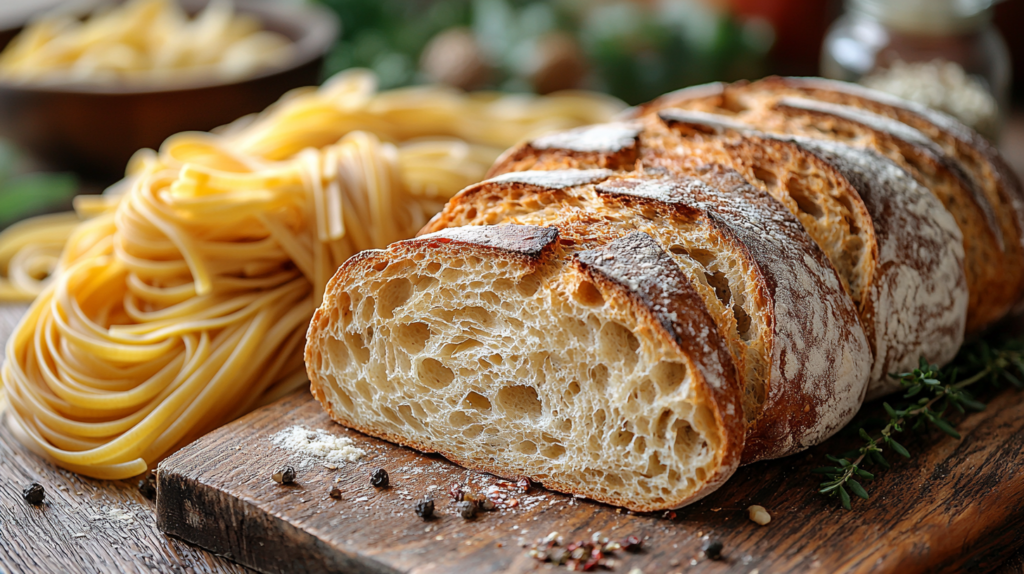
A low carb diet can lead to significant weight loss, improved blood sugar control, heart health, and stable energy. By incorporating low carb foods like konjac noodles, eggs, salmon, and leafy greens into your meals, following this diet becomes both easy and sustainable. Start your journey to a healthier lifestyle with the low carb approach today!
